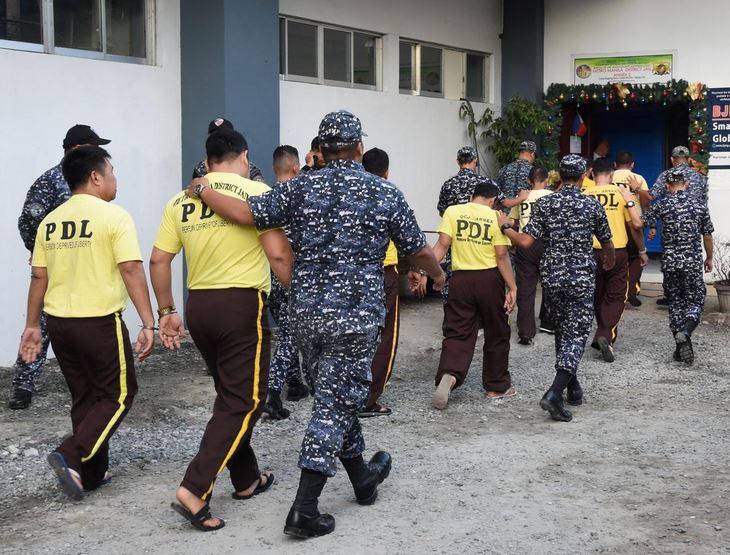×
The Standard e-Paper
Home To Bold Columnists

A Philippine court found top members of a political clan guilty on Thursday of masterminding a 2009 massacre of 57 people, among them 32 journalists, in the country’s worst single instance of election violence.
Members of three generations of the influential Ampatuan family were among those sentenced to life imprisonment on multiple counts of murder, in a complicated verdict involving 101 defendants.